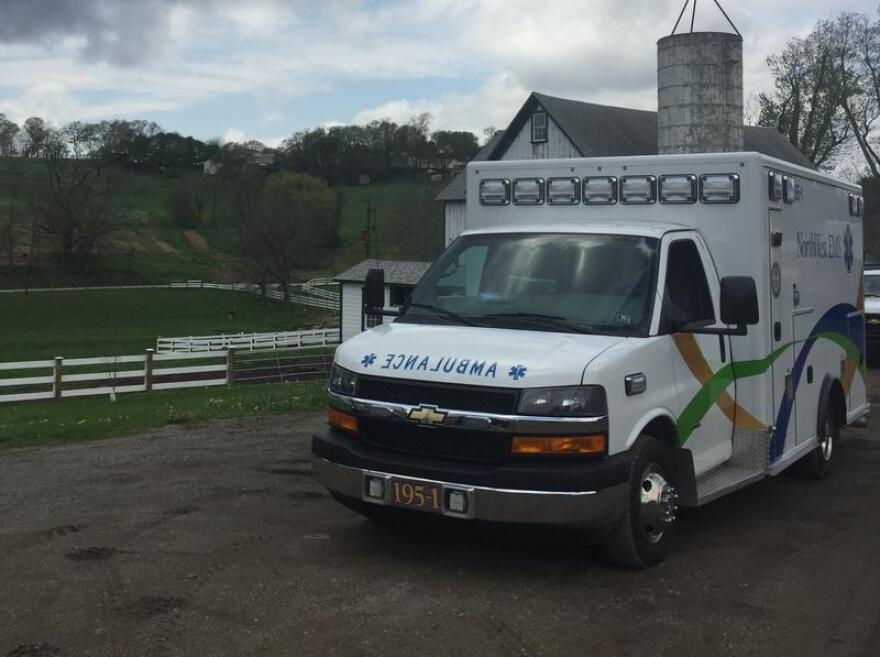It’s about a quarter to midnight on a Sunday at the NorthWest EMS Helen Street station in McKees Rocks. EMT Edd Keisling just clocked out after working a 40-hour shift.
“I have not change my clothes since 6 a.m. Saturday,” said Keisling. “I’m going to take a shower, maybe get something to eat.”
During his shift, Keisling said he slept about three hours. Instead of catching REM cycles, Keisling stays alert with caffeinated drinks.
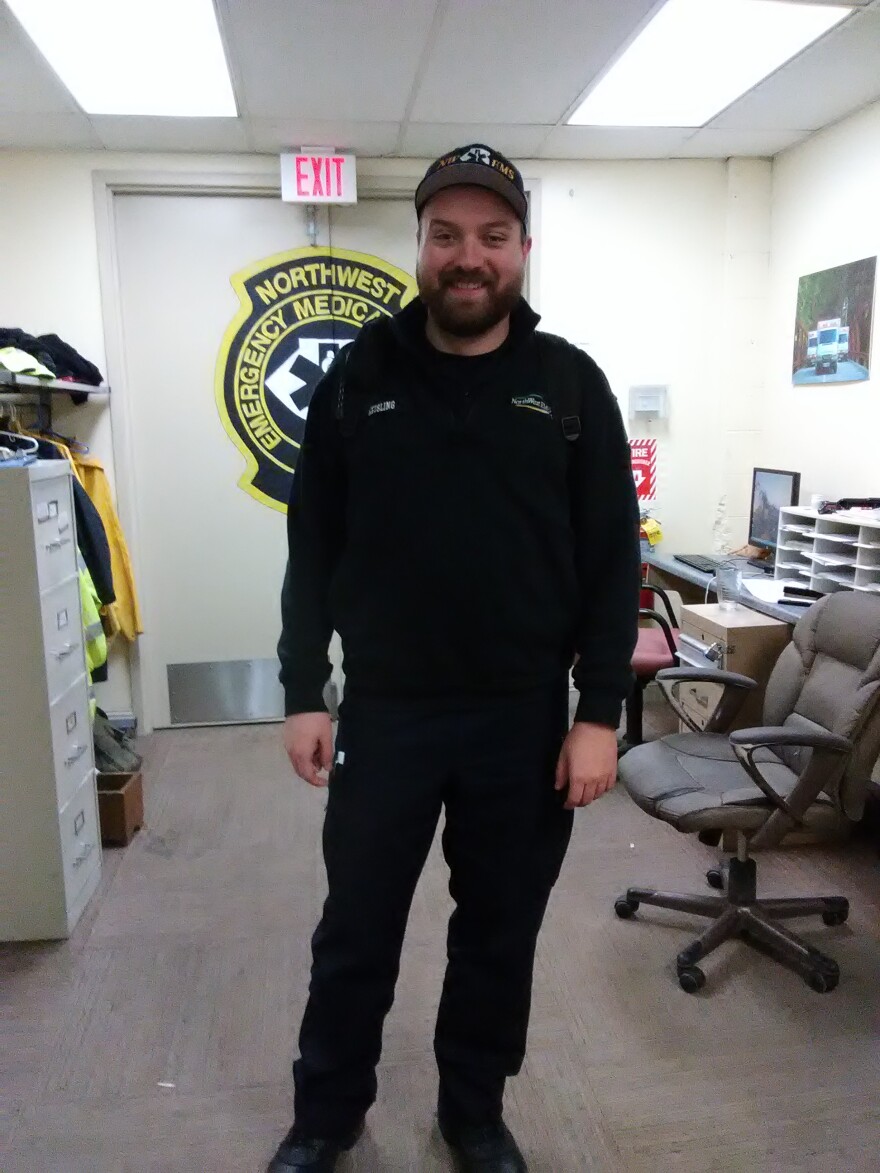
“It’s tough to sleep because I’m worried I’m going to miss ... if the tones go off and if I have to go do something. I’m nervous because I’m not going to hear it,” he said.
EMTs and paramedics provide lifesaving medical care, often on little rest, and this lack of sleep can lead to tragedies. For example, recently an EMS worker in the state of Indiana fell asleep at the wheel and crashed the ambulance, killing her partner.
A new set of suggested guidelines on EMS fatigue prevention from the University of Pittsburgh aims to stop future accidents. The guidelines were written by a panel that included experts in emergency medicine, sleep health and risk management, though the group faced an initial challenge.
“The body of evidence focused solely on emergency medical personal, the clinicians, paramedics and EMTs, is very sparse. So if we decided to make a recommendation or a guideline based solely EMS workers, there would not be much evidence,” said Pitt’s Daniel Patterson, the lead author and an assistant professor of emergency medicine.
To compensate for the lack of EMS information, the panel looked at data from shift workers, including nurses, nuclear power engineers and aviation workers. The group came up with five guidelines, including allowing naps and providing access to caffeine, as Kielsing has at NorthWest EMS.
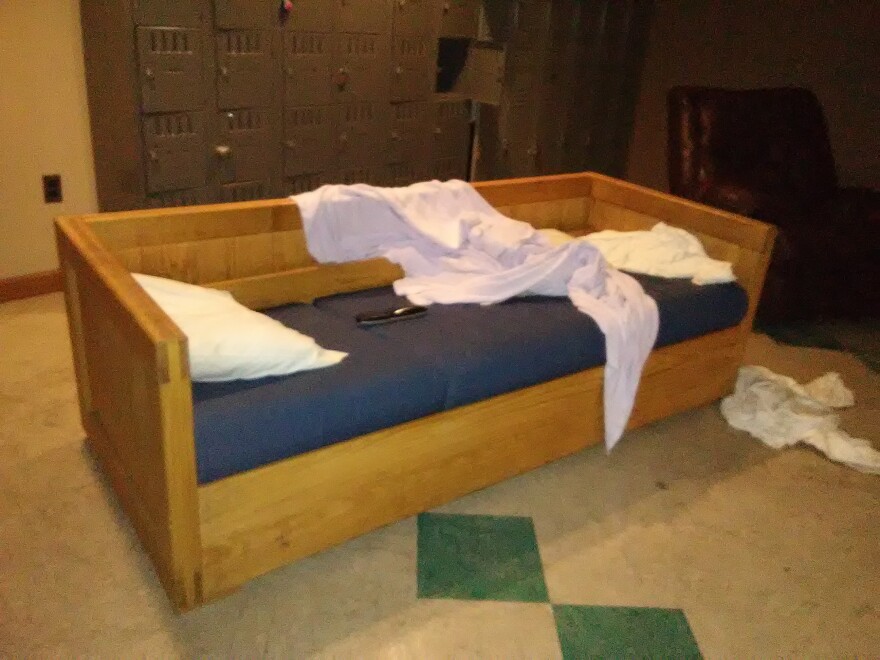
The third guideline recommends limiting shifts to less than 24 hours, but Patterson said this isn’t always possible.
“For instance, the very rural and remote EMS organizations who may have one dispatch, one patient encounter every other day, it doesn’t make financial sense to have shifts that are less than 24 hours,” he said.
The city of Pittsburgh has the largest EMS organization in the region and staff are scheduled for eight hours long. Chief Robert Farrow said even with these relatively short work days, his staff still suffers from fatigue because many first responders work for multiple agencies.
“The pay’s not great and they have to [work elsewhere] to make ends meet. So even though they might only be working a 40-hour week with you, they’re working somewhere else for 24 hours, or a 12-hour weekend here and there,” said Farrow. “That needs to be taken into account.”
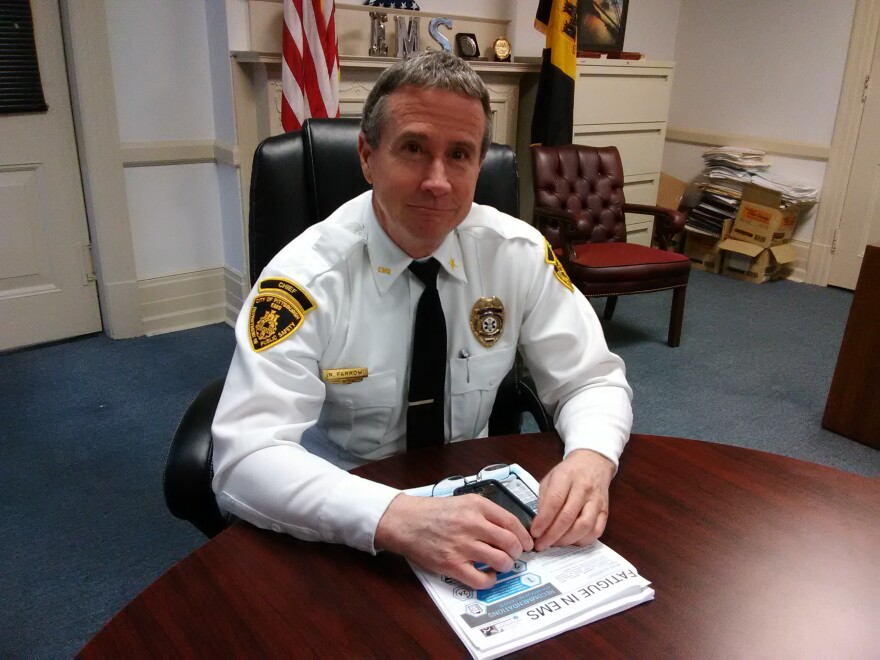
The average hourly wage in 2016 for an EMS worker was $15.71 an hour.
Farrow said that some on his staff will come home after an overnight shift and then take care of their kids, so even those with 40-hour weeks are often not getting great sleep.
The fourth guideline advices educating EMS providers about how to get better sleep and the dangers of fatigue. Most seemed to think that would be fine.
The final recommends that agencies use survey tools to measure and track fatigue so supervisors can identify when their workers are getting sleepy. But this might be hard to implement.
“EMS providers, we’re stubborn,” said Wes Dorrenbacher, another EMT at NorthWest EMS. “We want to get the job done.”
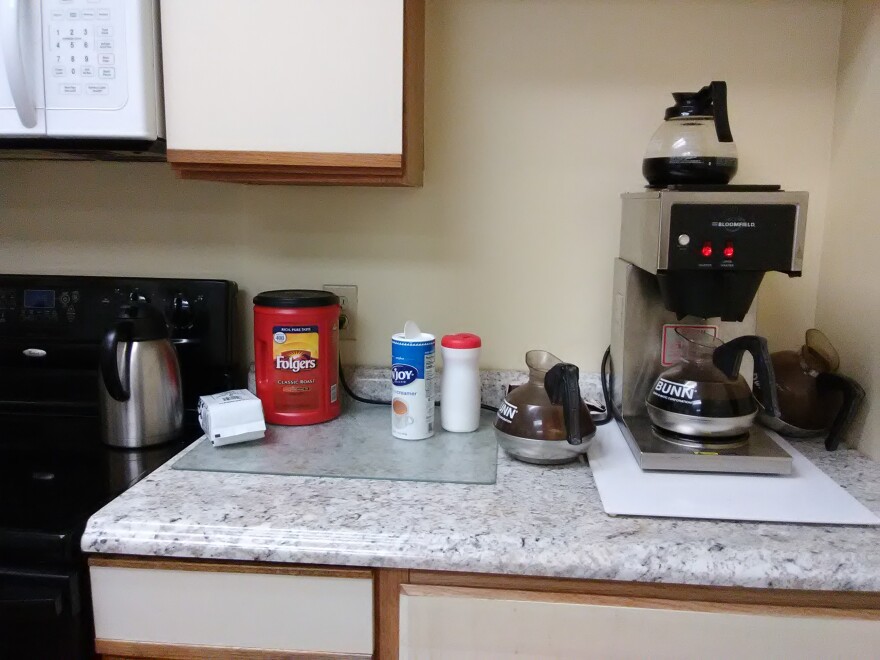
Dorrenbacher said EMS workers aren’t very willing to admit their limits, and therefore they may not be honest about rating their fatigue level, which can be dangerous.
For example, one night, back when he was working for an agency in Erie County, Dorenbacher was riding shotgun while his partner was driving the ambulance.
“He was running off probably two days without sleep,” said Dorenbacher. “We were getting off the interstate and we went up and over an island.”
Thankfully no one was hurt.
“But honestly," he said, while sipping a cup of coffee, "it could have been a lot worse, with the right conditions. So sleep is something I always, like, any chance I get, I get it.”
WESA’s Bridges to Health covers the well-being of Pennsylvanians and is funded by the Jewish Healthcare Foundation.

